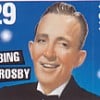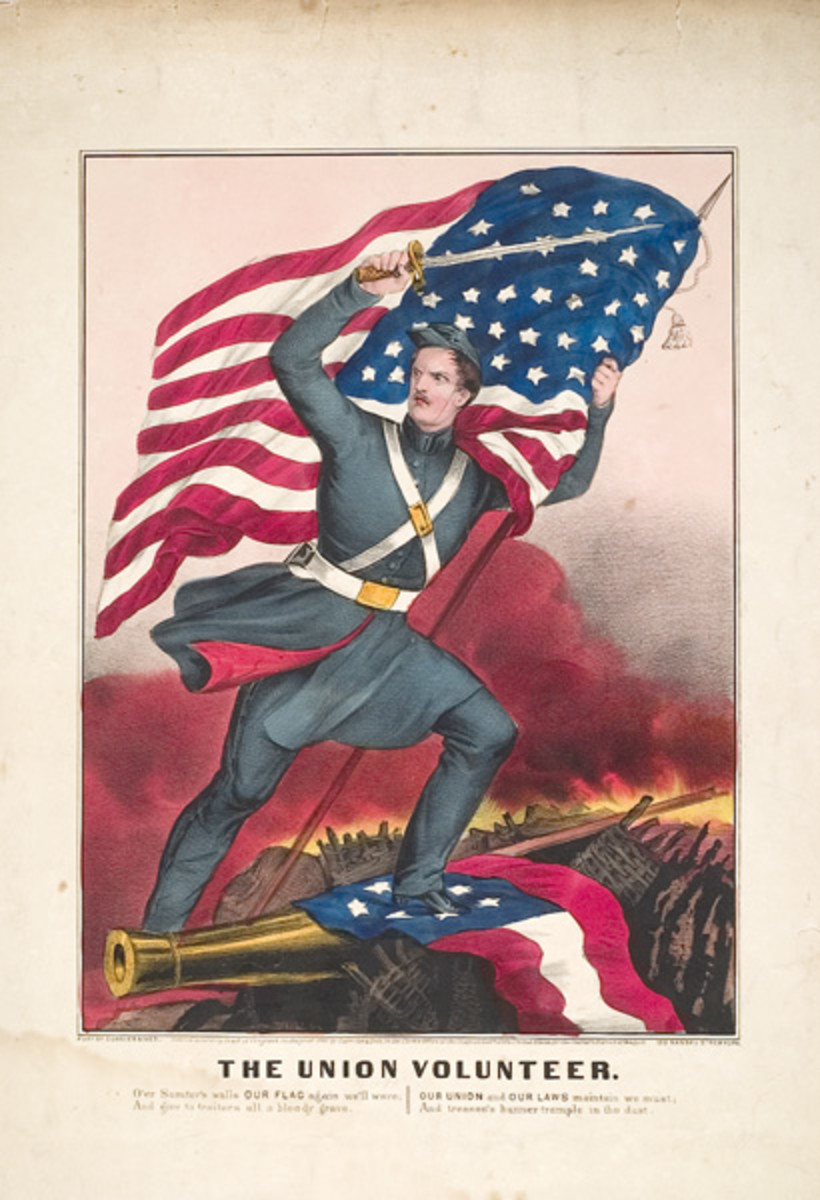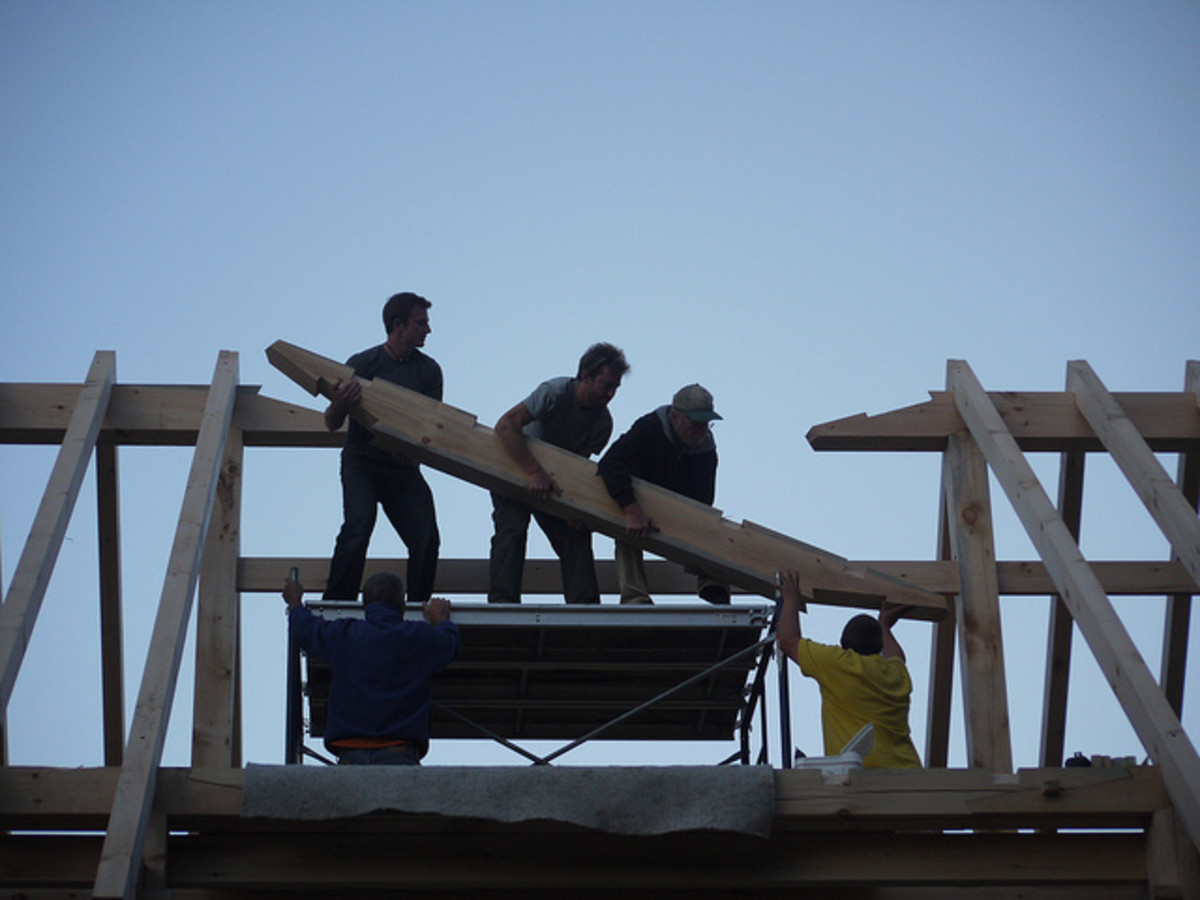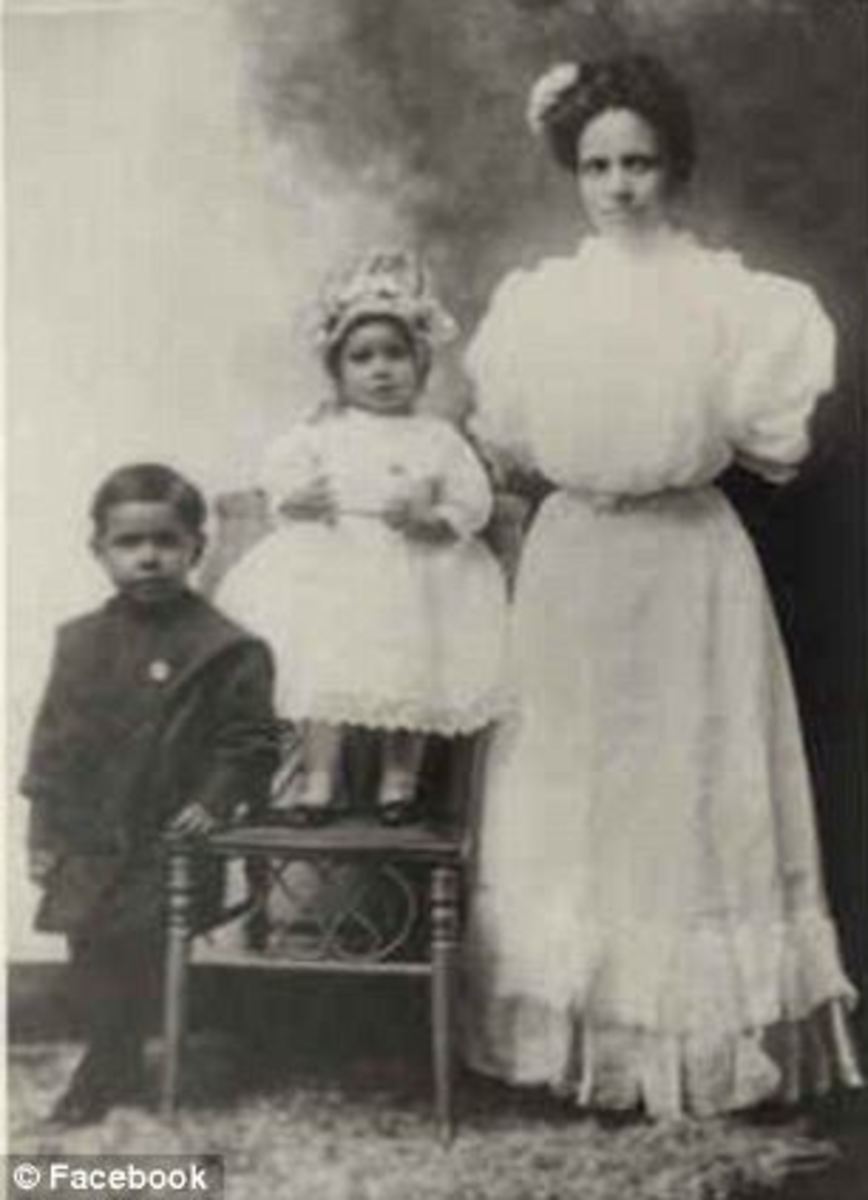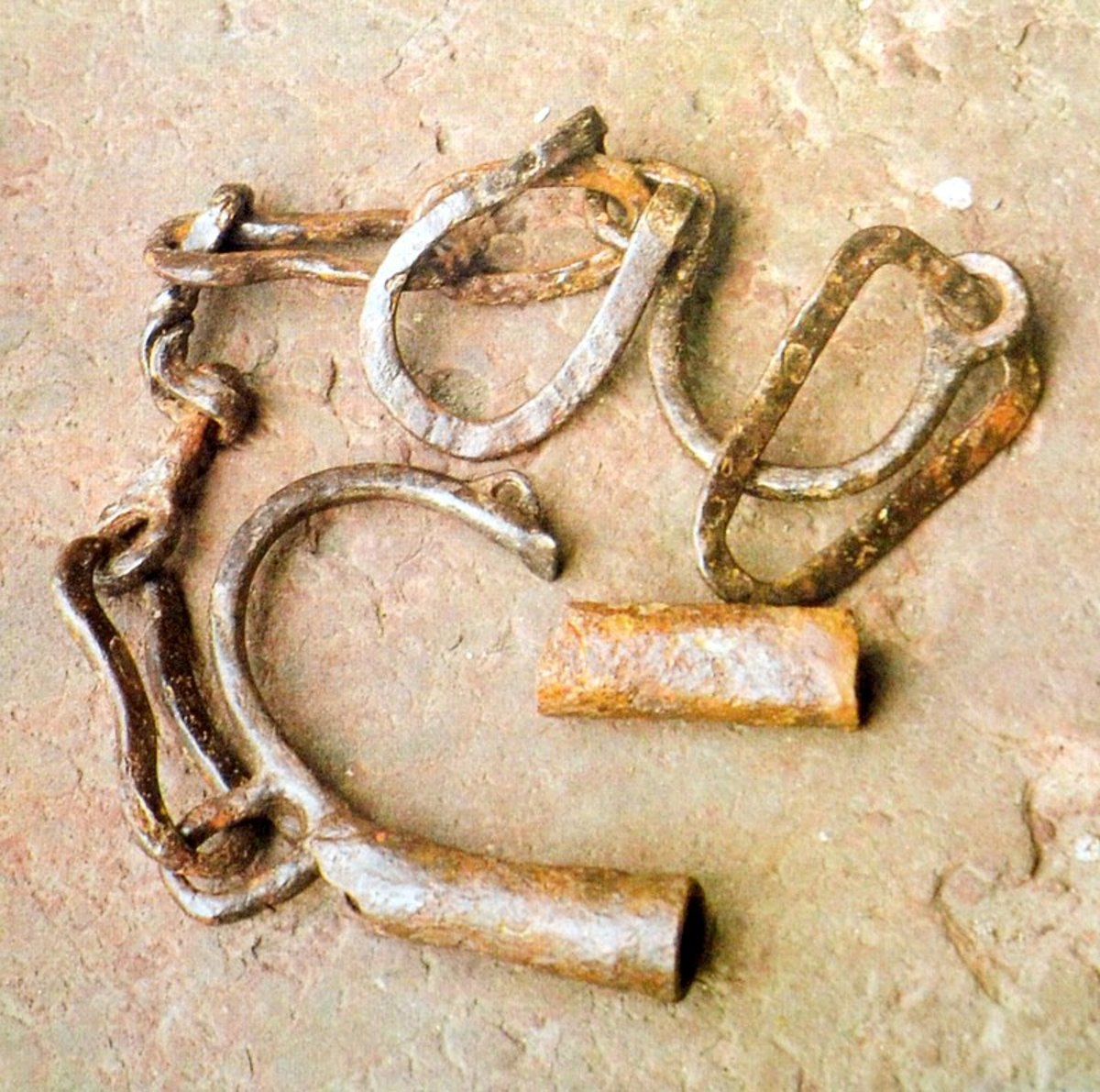Injustice! Look Up 'Volunteer' in Webster's
A Well-intentioned Politician
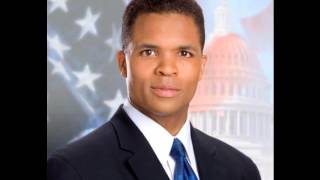
A Modern Public Housing Project
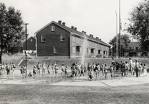
My dictionary defines a "volunteer" as one who "offers himself for a service of his own free will."
Congress, despite this, may be about to adopt a new form of Orwellian doublespeak by forcing certain occupants of public housing to volunteer to perform community service for as many as eight hours a month.
Convicted criminals are often ordered to perform community service in lieu of jail time. Maybe there's nothing wrong with that -- I'm not so sure -- but imposing the same sentence on residents of public housing is a travesty.
Congressional Oxymoron
Worse, under proposed federal legislation, public housing tenants would face eviction from their homes if they should fail to perform the required voluntary service (the oxymoron can be attributed to Congress, not this writer.)
All this is proposed under the guise that it is reasonable to demand that people who benefit from public housing give something back to their community.
The truth is that people in public housing are the same as anyone else (unless being poor disqualifies a person from being a good citizen.) Their poverty may, to some extent, limit their ability to make significant contributions to society, but many wealthy people make little or no contribution to society despite their affluence.
Millions of Americans -- rich and poor -- receive government benefits in one form or another. Public housing residents are only a tiny percentage of those who may be viewed, by some, as having an obligation to pay back society for its largesse.
Thinly Veiled Assault on the Poor
The effort by Congress to place this burden on public housing residents is nothing more than a thinly veiled, direct assault on the poor and downtrodden, primarily by right wing elements.
Some of those who are targets of the proposed legislation have gone so far as to say there's racism at its core, and implementation of the idea would make slaves of those in public housing. We should all hope that racism is not in the minds of the proposers.
Abominable Ideas
We can discuss the pros and cons of this issue 'til the cows come home -- although I fail to see anything positive about the proposal -- but the sad truth is that we should not even be discussing these abominable ideas.
Even well-meaning people like Rep. Jesse Jackson of Chicago are talking about exemptions of employed people, the elderly, the disabled and children -- instead of taking a strong stand against the whole concept.
Incredible HUD Proposal
It's difficult to believe, but, according to the Associated Press, even the federal Department of Housing and Urban Development has developed its own proposal along the same general lines. HUD was created to help low income people, not to make slaves of them.
On top of that, some people are trying to link the proposal to President Clinton's recent summit and effort to promote voluntarism in the United States. VVoluntarism and enforced community service are two different things.
There's no such thing as mandatory charity, and no such thing as forcing people to volunteer.
I wrote this column as a "My View" for The Hour newspaper of Norwalk, Conn., on June 7, 1997. I now write my views on a wide variety of topics on HubPages.
